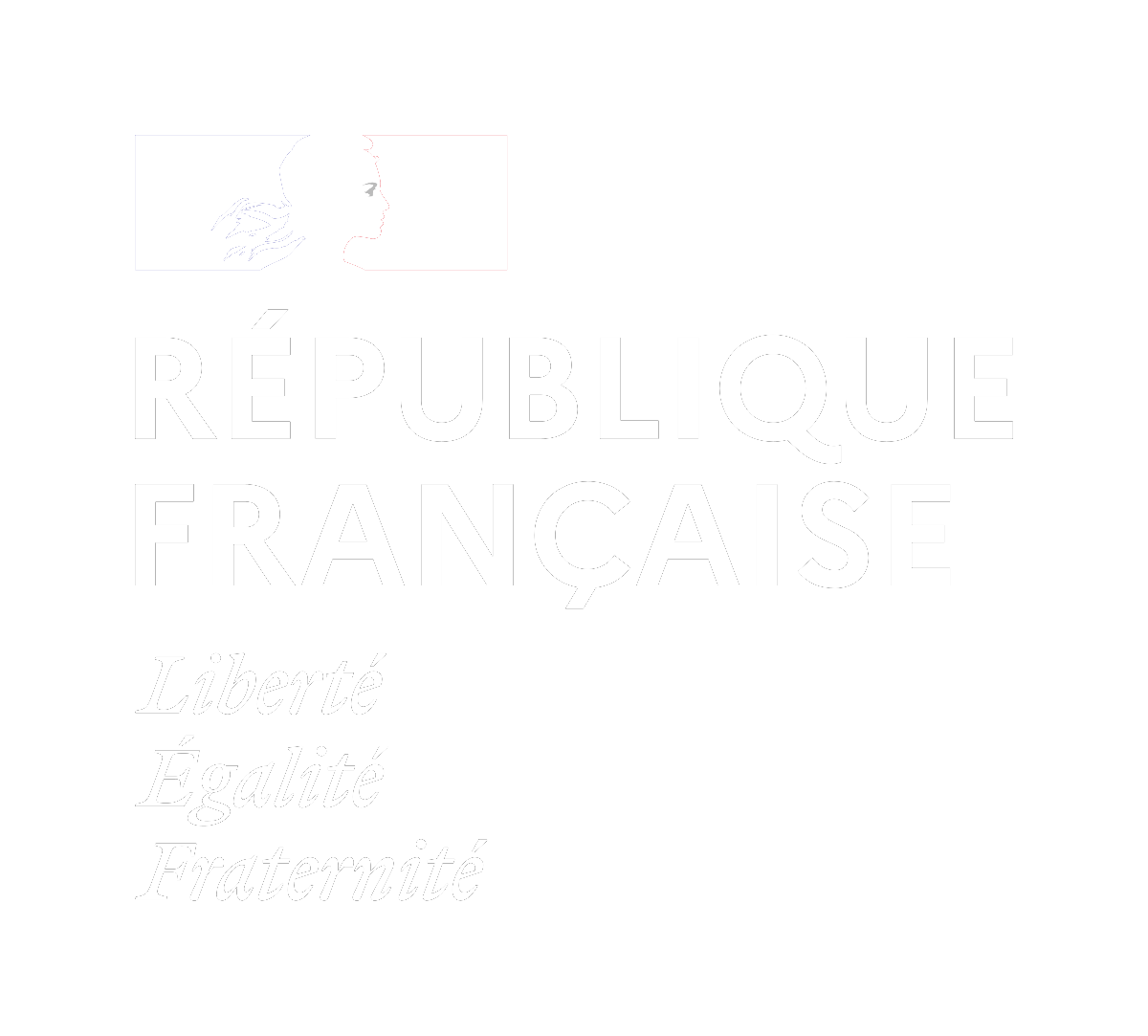Labels and Certifications in the Textile Industry: A Glossary of Terms to Make Things Clearer

Labels, certifications, audits: these concepts are now an integral part of the textile industry landscape, and are destined to be used more and more by stakeholders in the sector. Why this growing interest? Awareness of the importance of sustainability and social responsibility in the fashion world, as well as in other sectors, has brought these concerns to the fore. As consumers become increasingly aware of the impact of the products they choose on the environment and working conditions, this heightened awareness has led to a demand for transparency and commitment to more ethical and sustainable production practices. It is in this context that labels and certifications play an essential role.
Labels and certifications are tools that enable brands and consumers to make an active commitment to more ethical and responsible fashion. They provide assurance that textile products comply with established environmental, social and ethical standards. These standards can include criteria such as using sustainable materials, limiting harmful chemicals, respecting workers' rights and working conditions. In this article, we'll explore the key definitions of the most important terms in the field of textile labels and certifications.
Audits and certifications
Audits are a valuable tool for getting to know a company and its practices. They are one-off, specialized external assessments that may be repeated. Its purpose is to assess a company's performance, or to establish whether a product complies with the standards set out in a specification. It is carried out by an independent third party accredited by the certification body (e.g. Textile Exchange, ICS or Sedex). Certification is awarded on the basis of an audit.
A certification comprises a specific set of standards and rules applied to particular subjects, such as working conditions or product traceability. Certifications have an expiry date and may concern different elements of the textile supply chain, from the materials used to a specific product via the factories. They are established by proprietary organizations, whether public or private, which may audit the companies themselves or entrust it to an accredited body. If the audit is successful, i.e. if the company complies with the specifications, it is awarded a certificate of conformity enabling it to obtain certification.
Labels
You've probably heard at least one of these names: GOTS, Oeko-Tex Standard 100, Fairtrade, Bluesign. Each of these labels is used in the textile industry to provide specific guarantees, offering assurance on various aspects of products. Affixed to packaging, labels or products, labels are distinctive marks or logos that represent a commitment to specific standards. They are a good way for consumers to identify garments that meet certain standards, and to make informed purchasing decisions. Some labels are reserved exclusively for certified companies, such as GOTS (Global Organic Textile Standard) and RWS (Responsible Wool Standard).

Approved certifiers
Approved certifiers, also known as accredited certification bodies, are independent organizations responsible for implementing the specifications of a label. They issue labels or certifications to brands or products that comply with established standards. Each certifier has a number of labels or certifications in its field of expertise. For instance, Control Union is a recognized certifier.
A complex universe, an ally for finding your way around
The world of textile labels and certifications is certainly complex and varied. The types of certifications are numerous, as are the elements that can be assessed and the organizations involved in awarding certifications.
To confidently navigate this universe and gain a more enlightened view of the certifications linked to your own production chain, it's essential to have an expert eye that masters this lexicon and has sufficient experience in the field of textile production.
That's why our team of experts at Fairly Made® can help fashion brands better understand their supply chain. Thanks to the Fairly Made® SaaS platform, the information obtained by our textile engineers' investigative work is centralized and then enhanced by QR codes and widgets made available to consumers in-store or on the web.
In this maze of notions, only a team of specialists can help fashion brands orient themselves on their path towards transparency and sustainability. Join us as we navigate together towards a future where every purchase counts and responsible fashion becomes the norm!






.png)

.svg)